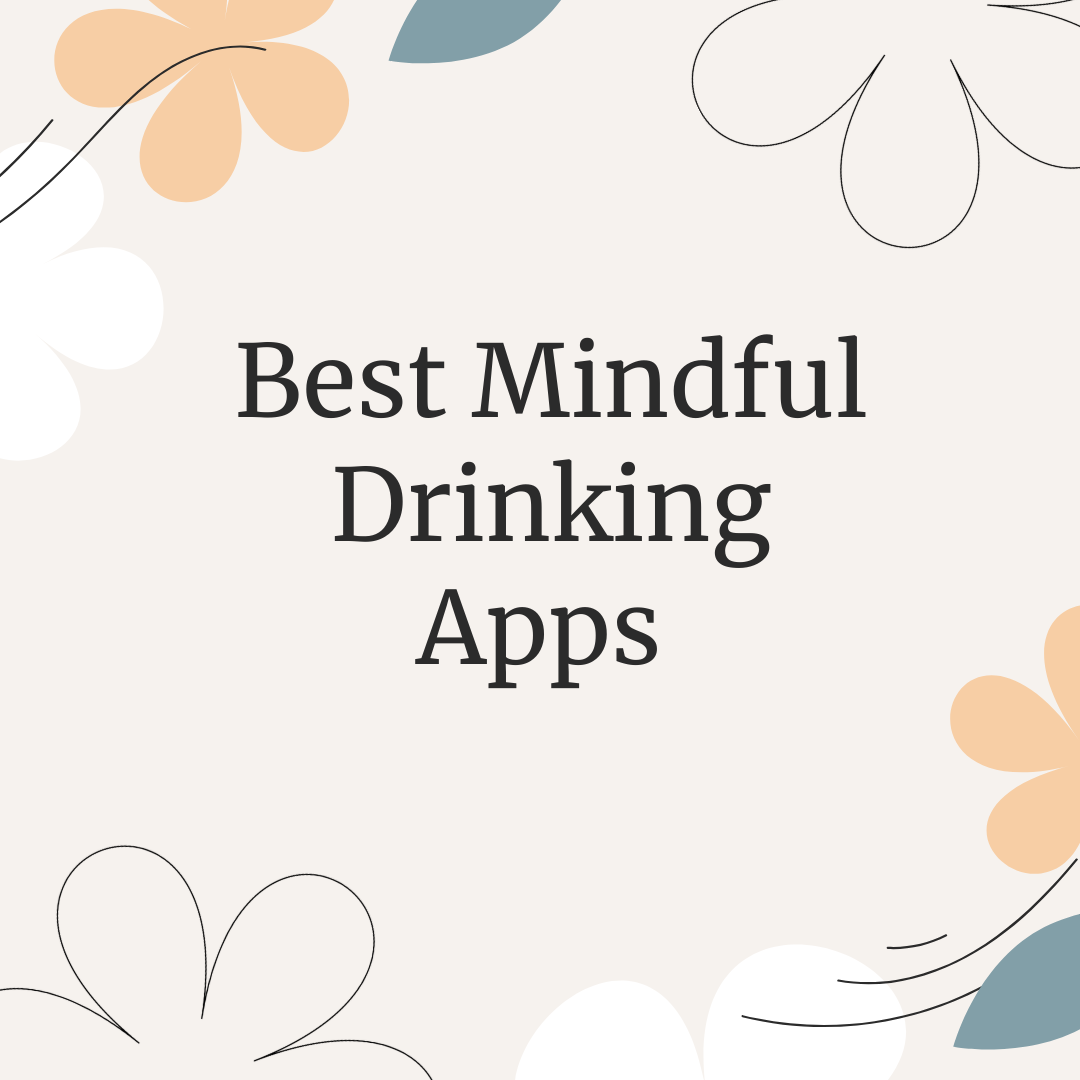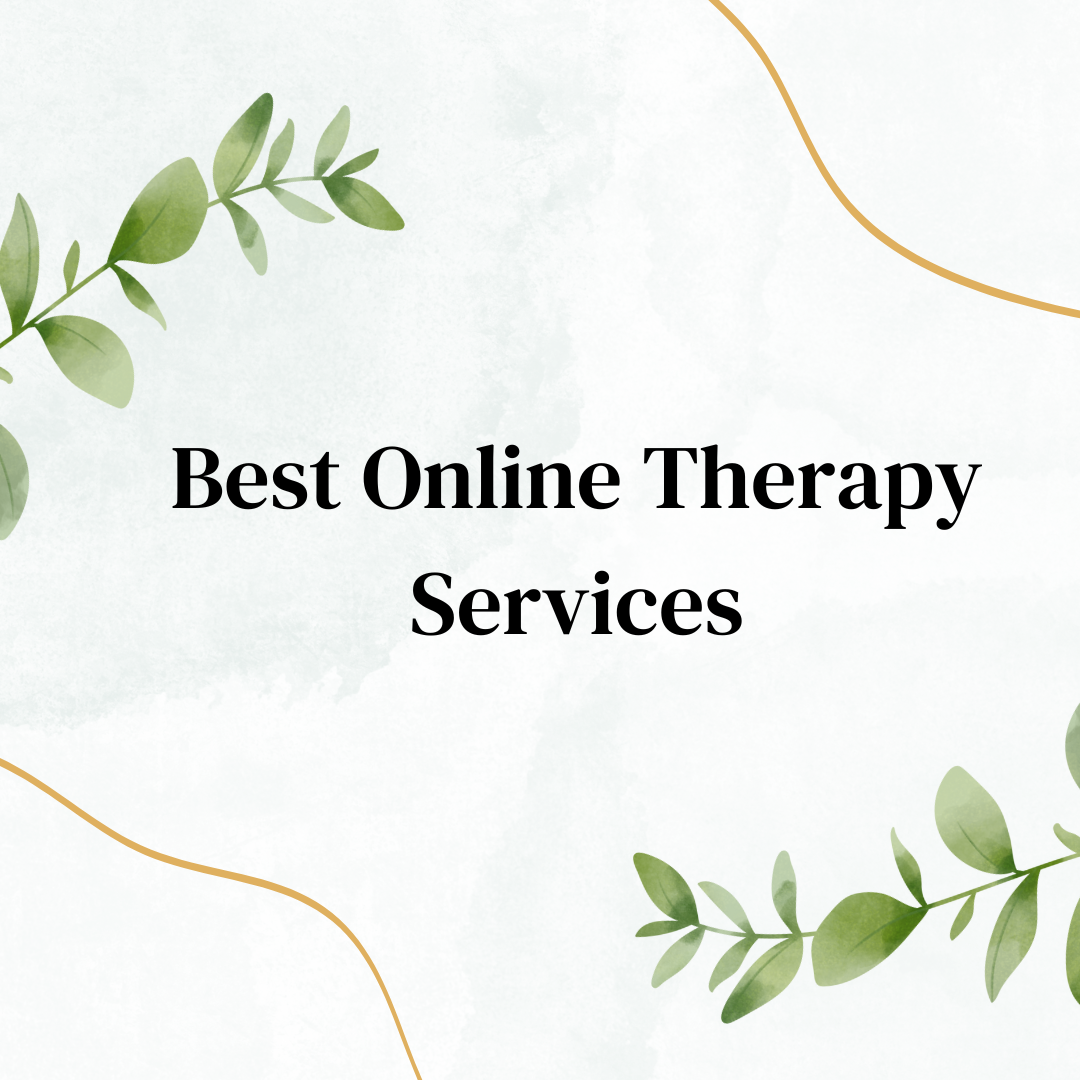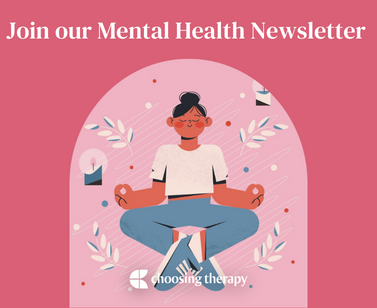The typical CBD (cannabidiol) dosage varies widely based on factors such as body weight, individual tolerance, and the specific condition being treated. With few clinical trials and many forms of CBD available, the typical dosing ranges vary widely amongst individuals. One common starting dose for CBD usage is 10-25 mg per day. This range is often recommended in the absence of specific data-supported dosages because individual responses to CBD can vary widely.
Ketamine Program For Depression, Anxiety, and Trauma
Nue.life offers an at-home, evidence-based ketamine program supported by hundreds of clinical studies. Our clients feel rapid & lasting relief within hours after the first treatment. Learn More
Understanding CBD Dosage
CBD products vary significantly in terms of concentration, quality, and delivery methods, making dosing a complex endeavor. Concentrations can range from a few milligrams to hundreds of milligrams per serving, and the purity of products can vary, affecting their potency. This variability makes precise dosing challenging. In some studies, doses of up to 1500 milligrams have been used and well-tolerated.1
Incorrect dosing can lead to undesirable consequences, including not being effective if the dose is too low for therapeutic effects or adverse reactions if it’s too high. While studies have noted side effects to be rare, they may include tiredness, diarrhea, and changes in appetite and weight. Achieving the right dose is crucial for maximizing the benefits of CBD while minimizing potential side effects, underscoring the importance of consulting healthcare professionals and package labeling.2
More studies are needed to understand the optimal dosage of CBD and the potential side effects. If you have questions about CBD being safe for you, talk with your heartcare professional.
Factors That Influence CBD Dosage
Several factors can influence CBD dosage. Body weight and metabolism play a role, with many studies specifically dosing patients based on their weight to achieve the desired effect.2 The severity of the condition being treated is also significant; more serious conditions may necessitate higher doses. Additionally, the type of CBD product matters, as oils, capsules, edibles, and topicals are broken down and absorbed differently, impacting the effective dose.
CBD Dosage & Different Forms of CBD Products
How you take CBD can affect how much you need for it to work. Different forms, like oils, capsules, or gummies, are absorbed by your body differently. For example, when you swallow a CBD capsule, it takes a bit longer to work because it has to go through your stomach to break the capsule down. But if you use CBD oil under your tongue, it can work faster because it goes into your bloodstream more quickly.
So, the form you choose can change how much CBD you need for the same effect. It’s important to follow the dosing instructions on the product and adjust if needed to find what works best for you.
CBD is available in the following forms:
- Oil or tinctures (e.g., 500mg, 1000mg)
- Capsules or softgels (e.g., 25mg, 50mg)
- Edibles (e.g., gummies) (e.g., 10mg, 25mg)
- Topical creams or lotions (e.g., 250mg, 500mg)
- Vape products (e.g., 100mg, 250mg)
- Isolates (pure cannabidiol) (e.g., 1000mg, 1500mg)
- Transdermal patches (e.g., 20mg, 40mg)
- Suppositories (e.g., 50mg, 100mg)
- Beverages (CBD-infused drinks) (e.g., 10mg, 25mg)
- Sprays (e.g., 300mg, 600mg)
*These dosages can vary between brands and products and are not FDA-approved, so it’s important to check the label for specific concentrations. Dosage needs should be tailored to individual requirements and tolerance levels. It’s essential to remember to take CBD treatments as directed for their intended use. Follow the recommended dosage instructions provided by the product label or your healthcare provider.
CBD Dosage & Health Conditions
The right CBD dosage can vary based on what you’re using it for. For anxiety, a lower dose might help calm your nerves, while you may need a bit more to ease the discomfort of chronic pain. If it’s about sleep, you might take a moderate dose to relax and help you doze off.2
The important thing is that the amount can be different for each situation because CBD affects everyone a bit uniquely. It’s best to start with a smaller dose and adjust it slowly until you find what works best for your specific needs, and it’s a good idea to talk to a doctor if you’re unsure about the right amount for your condition.
Here are CBD dosages and forms used to treat certain conditions in research studies:2, 3, 4
| Medical condition | Dose of CBD* | Example Forms |
| Anxiety | ~10 mg-900 mg | Tinctures, capsules, edibles (gummies) |
| Cancer Pain | ~50 mg-600 mg | Tinctures, oral solutions, capsules |
| Chronic Pain | ~10 mg-100 mg | Topical creams, edibles (gummies) |
| Epilepsy | ~200 mg-1500 mg | Oral solutions, capsules |
| Sleep Disorders | ~25 mg-100 mg | Edibles, oils, tinctures |
| Inflammatory Conditions (IBD, Crohns, Ulcerative Colitis) | ~20 mg-250 mg | Topical creams, tinctures, oils, salves, suppositories |
| Psychosis | ~200-1000 mg | Tinctures, oils, capsules |
*It is important to note that dosing ranges vary significantly for any condition being treated with CBD and an authorized healthcare professional should always be consulted. Most human studies use dosages between 20 and 1,500 milligrams (mg) per day.
More research is needed to understand if CBD is safe and effective for treating many medical conditions. If you have questions about using CBD to treat a condition, talk with your healthcare professional.
Experience the medically proven power of psychedelics from your own space
Nue.life offers at-home oral ketamine therapy for you to heal from mental health conditions with a home turf advantage. Over 2/3 of all Nue Life clients report more than 50% reduction in depression, anxiety, and PTSD symptoms and it’s 60 to 80% cheaper than in-clinic therapy. Learn More
How Much CBD Should You Take?
Determining the right CBD dose can be complex and difficult as there are no FDA regulations or guidelines on its use. Research studies have shown a broad range of dosages used and studied for various conditions, typically falling within the range of ~10-300 mg per day. It’s crucial to start with a lower dose, carefully monitor your body’s response, and make gradual adjustments over time to discover the most effective and well-tolerated dose.4 Consulting with a healthcare professional can provide valuable guidance throughout this process.
Start With a Low Dose
Starting with a low dose of CBD is a good idea for a few important reasons. First, it helps you see how your body reacts to CBD. Since everyone is different, your body might respond in a unique way. Beginning with a small dose allows you to monitor any side effects and gradually adjust to a comfortable and effective amount.
Also, CBD can be quite potent, so starting low lowers the risk of taking too much, which could result in unwanted side effects. It’s like testing the waters and finding the perfect balance that works best for you and your specific needs. Remember, it’s always a good practice to consult a healthcare professional for personalized guidance on CBD dosing.
What Dosages Are Safe?
The exact safety dosages of CBD aren’t fully clear because more research is needed to understand the potential side effects of CBD. CBD appears to be well-tolerated in most cases, with doses well into 1500 mg per day being tolerated, but the long-term effects and safe amounts need more research. Follow recommended dosages on product labels, and if you have concerns, talk to a healthcare expert who can offer guidance based on the latest findings and your specific needs.
CBD Dosage Safety Concerns
The lack of regulation in the CBD industry has raised significant safety concerns. Research has shown that mislabeling is common, where the actual CBD content in products may not match what’s stated on the label.5 This can lead to inconsistent and unreliable dosages, potentially affecting their effectiveness. Additionally, the absence of stringent quality control measures can result in products containing impurities or harmful substances.
There’s also a lack of comprehensive research to establish the safety and effectiveness of various CBD products, and the FDA has only approved one CBD-based medication, Epidiolex, for specific conditions.6 Unsubstantiated claims regarding CBD as a miracle cure for various ailments further compound the issue. Furthermore, while CBD is generally well-tolerated, potential side effects, such as dry mouth, diarrhea, and changes in appetite, have been reported in studies.
Potential Side Effects of CBD
CBD is generally considered safe, but like any supplement or medication, it can have side effects. These side effects might occur due to individual differences in how the body responds to CBD, the dosage used, or the quality of the product. Common side effects can include dry mouth, diarrhea, changes in appetite, and dizziness. In most cases, these side effects are mild and temporary.2
Common side effects of CBD include*:2
- Dry mouth
- Diarrhea
- Dizziness
- Changes in appetite
- Fatigue
- Nausea
- Vomiting
- Headaches
- Irritability
- Low blood pressure
- Sleepiness
- Anxiety (in some cases)
- Changes in weight
*All medications and supplements, including CBD, can cause side effects which can be mild or serious. This is not a comprehensive list of all possible side effects. You should talk with your doctor about any questions you have and to understand the potential side effects and benefits of any medication.
Serious side effects of CBD that require immediate medical attention can include*:2
- Severe allergic reactions (rash, itching, swelling, severe dizziness, difficulty breathing)
- Rapid or irregular heart rate
- Severe nausea or vomiting
- Signs of liver problems (dark urine, yellowing of the skin/eyes, persistent abdominal pain)
- Worsening of mental health conditions (depression, anxiety, psychosis)
These severe reactions are rare but should not be ignored, and medical assistance should be sought immediately if they occur.
*All medications and supplements, including CBD, can cause side effects which can be mild or serious. This is not a comprehensive list of all possible side effects. You should talk with your doctor about any questions you have and to understand the potential side effects and benefits of any medication.
If you experience severe symptoms or reactions after using CBD, it’s crucial to seek immediate medical help. While serious side effects are rare, they should not be taken lightly. Your well-being is the top priority, so don’t hesitate to reach out to healthcare professionals or seek emergency care if needed.
Questions to Ask Your Healthcare Provider About CBD Dosage
If you’re considering CBD for your well-being, it’s essential to discuss it with your doctor, psychiatrist, or therapist, especially if you have a specific condition in mind. Ask them about potential interactions with your current medications, the right dosage for your needs, and how it may fit into your treatment plan. If you find that your current healthcare provider is unfamiliar with CBD or hesitant to explore it, online psychiatry services can be a good option for seeking a second opinion or finding a prescriber who is well-versed in CBD treatments. It’s important to have open and informed conversations with your healthcare team to make the best choices for your health.
Questions to ask your care team about CBD dosage include:
- How long does it typically take to adjust to taking CBD?
- If I’m already on medications for anxiety/depression, could using CBD put me at risk for more serious side effects?
- What is the recommended dosage to minimize the risk of side effects?
- Should I inform my therapist about using CBD as part of my treatment plan?
- Are there any known interactions between CBD and my current medications?
- What potential side effects should I be aware of, and when should I seek medical attention if they occur?
- When I stop taking CBD, should I expect CBD withdrawal symptoms?
- Can you provide guidance on the best time of day to take CBD for my specific condition?
- Should I start with a lower dose and gradually increase it, and if so, what’s the recommended starting dose?
- How often should I check in with you to assess the effectiveness of the CBD treatment?
- Are there any specific products or delivery methods you recommend based on my condition and needs?
- Can you refer me to a specialist with expertise in CBD therapies, or is there a trusted online resource for finding knowledgeable prescribers?
- How can we monitor my progress and adjust the dosage as needed to ensure the best outcomes?
In My Experience
To help our readers take the next step in their mental health journey, Choosing Therapy has partnered with leaders in mental health and wellness. Choosing Therapy is compensated for marketing by the companies included below. Online Therapy BetterHelp – Get support and guidance from a licensed therapist. BetterHelp has over 20,000 therapists who provide convenient and affordable online therapy. Complete a brief questionnaire and get matched with the right therapist for you. Get Started Psychiatry, with you in mind Talkiatry – Our Psychiatrists Can Diagnose Your Condition, Prescribe Medication, And Monitor Your Progress. Most psychiatry visits cost patients $30 or less* Free Assessment Psychedelic Therapy Nue.life – Healing is personal. So is our accessible, evidence-based approach to psychedelic therapy. At-home ketamine Therapy For Depression, Anxiety, and Trauma. Real healing. Real science. Discover our evidence-based psychedelic approach. Visit Nue.Life Mental Health Newsletter A free newsletter from Choosing Therapy for those interested in meditation & mindfulness. Get helpful tips and the latest information. Sign Up Choosing Therapy Directory You can search for therapists by specialty, experience, insurance, or price, and location. Find a therapist today. *Includes copayment, deductible, coinsurance, and $0 Visits. Excludes no shows.Additional Resources
Best Mindful Drinking Apps If you’re thinking about joining the sober curious movement and you’d like to cut back on drinking, mindful drinking apps are a great place to start. Practicing mindful drinking can take some time, attention, and patience, but with the help of the right app, you can completely transform your relationship with alcohol.
Best Online Therapy Services There are a number of factors to consider when trying to determine which online therapy platform is going to be the best fit for you. It’s important to be mindful of what each platform costs, the services they provide you with, their providers’ training and level of expertise, and several other important criteria.






